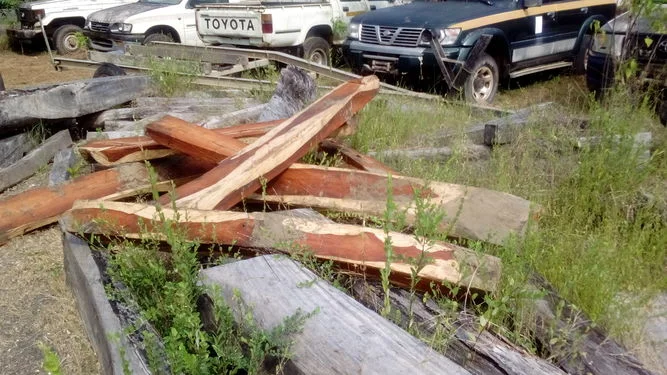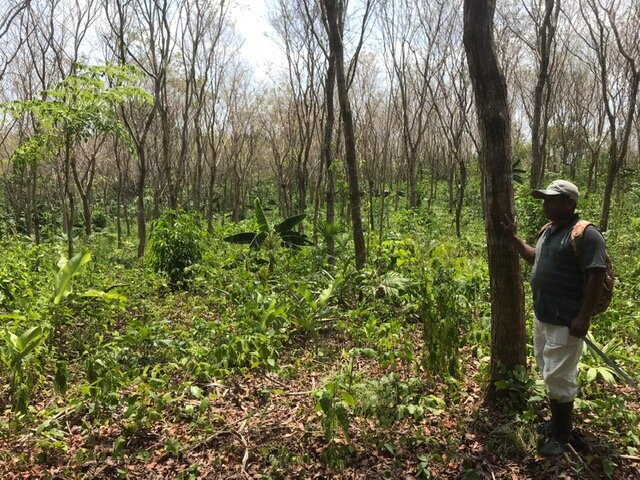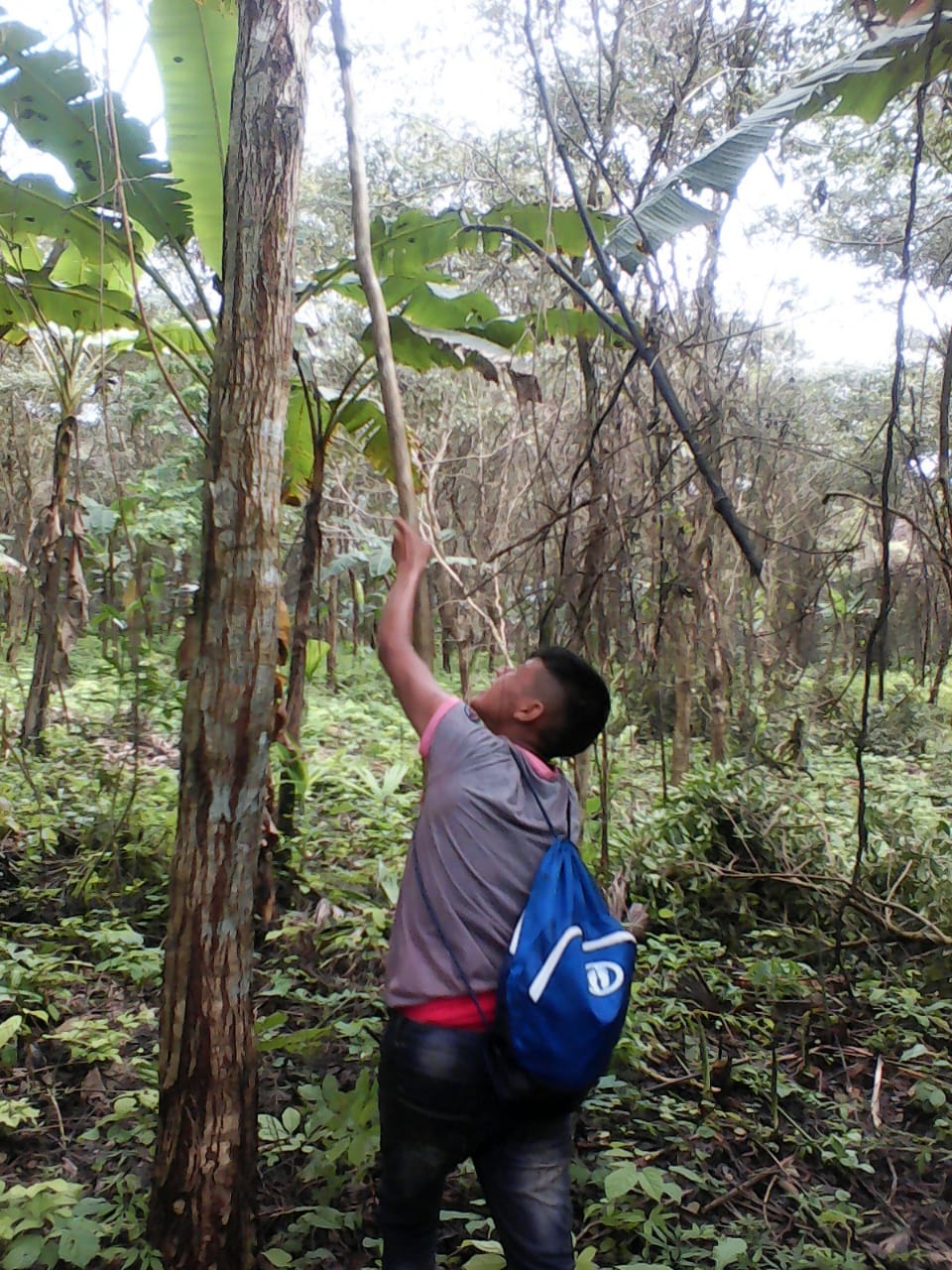Cocobolo back in the news
/Decomissioned cocobolo logs in the Azuero province of Panama. Photo courtesy of La Prensa.
Rosewood was in the news recently because new export laws have been impacting the transportation and export of music instruments containing rosewood components. About a week later, we read in the Panamanian newspaper La Prensa that the Ministry of Environment busted a truckload of illegal rosewood--or “cocobolo”--in the Azuero province of Panama.
As in Panama, globally the illegal harvesting of cocobolo continues to be a problem as Asian demand (mostly China) for furniture made from it continues unabated. In Panama and at least in the Darien, the rosewood “fever” that occurred during 2014-2015 seemed to have dissipated, but that also could be because most of the easy to get rosewood has been cut. It has been awhile since we’ve heard stories of roots of rosewood trees being dug up to make sure they get every last piece. It was being sold by the pound during that time.
Our fincas include cocobolo among other tropical hardwoods. Our anecdotal experience is that the rosewood trees thrive in our mix of native species. What we don’t know is if the tree will be mature enough to have developed “rose” colored heartwood by the end of the 25-year lease cycle. However, if they have not developed heartwood, we can leave them to grow and our local partners will be able to benefit from them in the future. The benefit of growing trees is that they only increase in value the older and larger they grow.
While we hope the illegal harvesting of these beautiful trees is stopped, there should be a place for the use of the beautiful wood in the instruments recently profiled. We want our farms to be a source of legal and sustainable cocobolo for those instruments. In only about 12 more years we should know if we will be able to. We will keep you posted.




